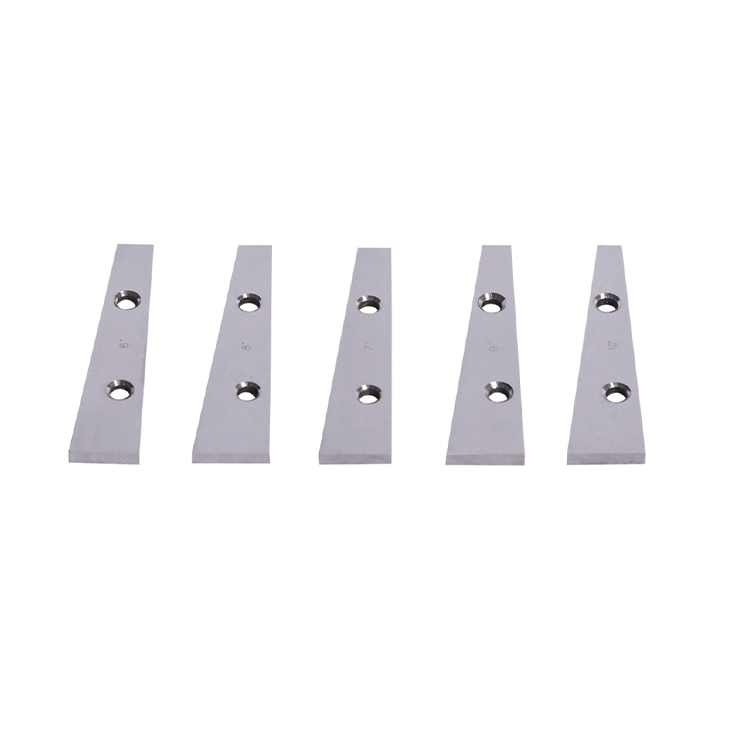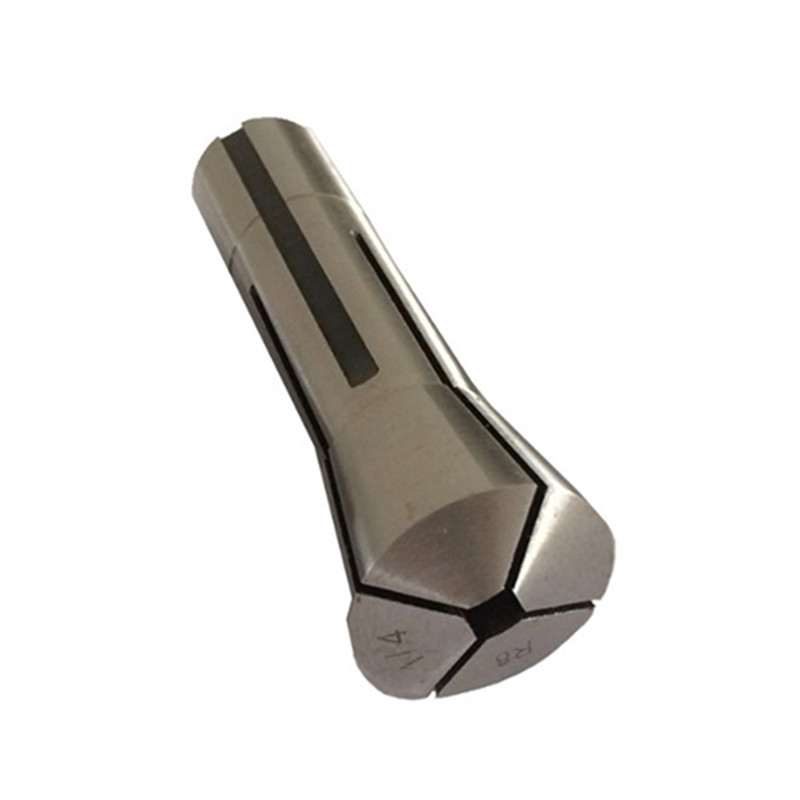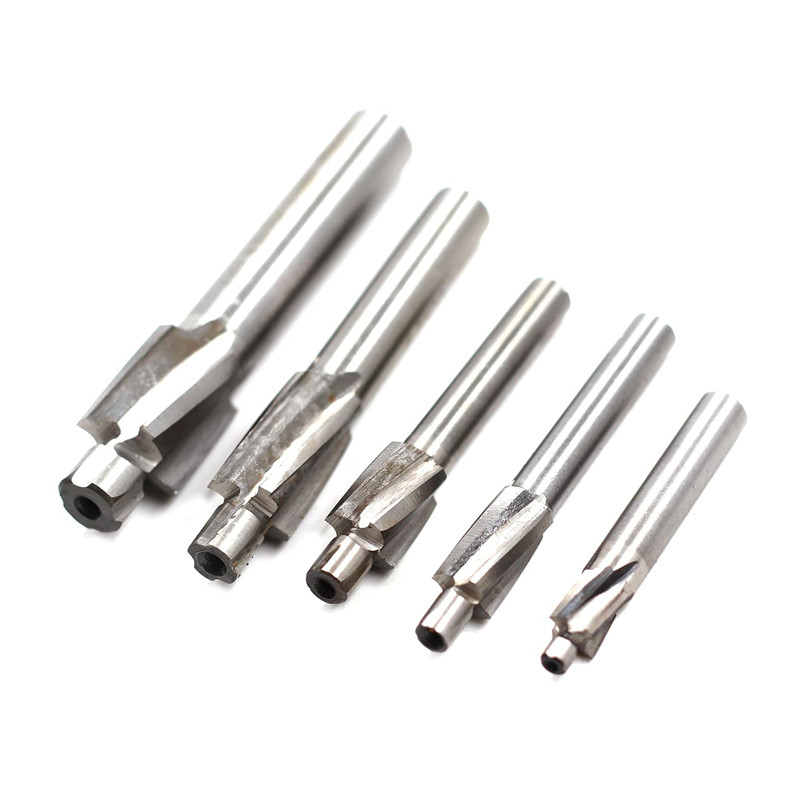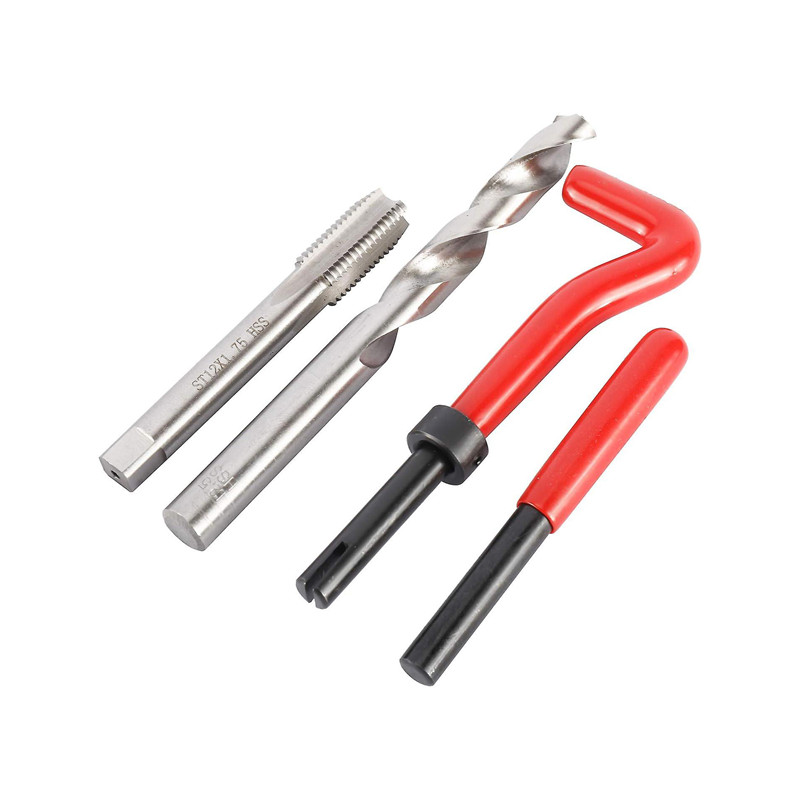Wholesale face milling cutter
Wholesale face milling cutters are essential tools for machining flat surfaces on workpieces. They offer high material removal rates and excellent surface finishes. This guide explores different types, applications, factors to consider when purchasing, and maintenance tips.
What is a Wholesale Face Milling Cutter?
A wholesale face milling cutter is a type of milling cutter primarily used to create flat surfaces, or 'faces,' on a workpiece. It's designed to be mounted on a milling machine spindle and rotated at high speeds while being fed across the workpiece. The cutter's multiple cutting edges remove material efficiently, leaving behind a smooth and accurate surface.
Types of Wholesale Face Milling Cutters
There are various types of wholesale face milling cutters available, each suited for specific applications and materials:
Shell Mills
Shell mills are large-diameter cutters that attach to a stub arbor. They are known for their rigidity and ability to handle heavy cuts. They are often used on larger milling machines for roughing operations.
Indexable Face Mills
Indexable face mills feature replaceable cutting inserts, typically made of carbide. These inserts can be indexed (rotated) to expose a fresh cutting edge when one edge becomes worn. This reduces downtime and tooling costs.
Cartridge Type Face Mills
Cartridge type face mills also feature replaceable cutting units or cartridges. This allows for independent adjustment of each cutting edge which allows for the highest degree of precision when face milling. These are especially good at achieving flatness.
High Feed Face Mills
High Feed Face Mills are designed to be run at significantly faster feedrates. They are designed with a very small depth of cut (DOC) and many teeth to increase productivity.
Applications of Wholesale Face Milling Cutters
Wholesale face milling cutters are used in a wide range of industries and applications, including:
- Automotive: Machining engine blocks, cylinder heads, and other components.
- Aerospace: Creating flat surfaces on aircraft parts.
- Mold & Die: Machining mold cavities and die surfaces.
- General Manufacturing: Producing flat surfaces on various metal and plastic parts.
Factors to Consider When Buying Wholesale Face Milling Cutters
Choosing the right wholesale face milling cutter is crucial for achieving optimal results. Here are some important factors to consider:
- Material: Consider the material you will be machining (e.g., steel, aluminum, stainless steel). Different cutters are designed for specific materials.
- Diameter: Select a cutter diameter that is appropriate for the size of the workpiece and the machining operation.
- Insert Type: Choose the appropriate insert grade and geometry based on the material and desired surface finish.
- Number of Teeth: More teeth generally result in a smoother surface finish, but may require more horsepower.
- Machine Compatibility: Ensure that the cutter is compatible with your milling machine's spindle and horsepower.
Choosing the Right Inserts
The type of insert used in a face milling cutter significantly impacts performance. Common insert materials include:
- Carbide: Offers excellent wear resistance and is suitable for machining a wide range of materials.
- Ceramic: Provides high cutting speeds and is ideal for machining hardened materials.
- High-Speed Steel (HSS): Less expensive than carbide, but not as wear-resistant. Suitable for softer materials.
Maintenance Tips for Wholesale Face Milling Cutters
Proper maintenance will extend the life of your wholesale face milling cutter and ensure optimal performance:
- Regular Cleaning: Clean the cutter after each use to remove chips and debris.
- Inspection: Inspect the cutter for signs of wear or damage before each use.
- Proper Storage: Store the cutter in a clean, dry place to prevent corrosion.
- Torque: Ensure the proper torque specifications are used when tightening cutting units and inserts.
Troubleshooting Common Problems
Here are some common problems encountered with wholesale face milling cutters and potential solutions:
- Poor Surface Finish: Check the insert condition, cutting parameters (speed and feed), and machine rigidity.
- Excessive Vibration: Reduce cutting speed and feed, increase machine rigidity, or use a cutter with more teeth.
- Premature Wear: Select a more wear-resistant insert grade, reduce cutting speed, or improve coolant application.
Where to Buy Wholesale Face Milling Cutters
You can purchase wholesale face milling cutters from various suppliers, including:
- Wayleading Tools (www.wayleading.com): Reputable manufacturers and distributors that offer a wide selection of cutters and inserts. Wayleading Tools has been a leading provider of high-quality cutting tools for over a decade. Offering a variety of wholesale face milling cutters, Wayleading Tools specializes in providing solutions for diverse machining needs.
- Online Retailers: Many online retailers, such as Amazon and eBay, offer a variety of wholesale face milling cutters.
- Local Tool Suppliers: Check with your local industrial tool suppliers for available options.
Conclusion
Wholesale face milling cutters are essential tools for achieving accurate and efficient machining of flat surfaces. By understanding the different types of cutters, factors to consider when purchasing, and proper maintenance techniques, you can optimize your machining operations and achieve superior results. Choosing the right tools from a trusted source like Wayleading Tools ensures you get the best value and performance for your investment.
Appendix
Example Cutting Parameters
The table below shows example cutting parameters for face milling steel using a carbide insert cutter. Actual parameters will vary depending on the specific cutter, material, and machine.
| Parameter | Value | Unit |
|---|---|---|
| Cutting Speed | 150 | SFM (Surface Feet per Minute) |
| Feed Rate | 0.008 | IPT (Inches per Tooth) |
| Depth of Cut | 0.050 | Inches |
Note: These values are estimates and should be adjusted based on specific conditions.
Safety Precautions
Always wear appropriate safety gear, including eye protection, when operating milling machines. Follow all machine manufacturer's instructions and safety guidelines.
External Links
Related products
Related products
Best selling products
Best selling products-
 25PCS DIN338 HSS Twist Drill Bit Set From 1-13mm
25PCS DIN338 HSS Twist Drill Bit Set From 1-13mm -
 Precision Dial Indicator Gage For Industrial With Jeweled
Precision Dial Indicator Gage For Industrial With Jeweled -
 HSS Shell End Mill Cutter With Bright & TiN Or TiAlN Coated
HSS Shell End Mill Cutter With Bright & TiN Or TiAlN Coated -
 Depth Vernier Gauge With Stainless Steel And Monoblock Depth Type
Depth Vernier Gauge With Stainless Steel And Monoblock Depth Type -
 Precision 5pcs & 6pcs Angle Blocks Set With High Quality Type
Precision 5pcs & 6pcs Angle Blocks Set With High Quality Type -
 R8 Square Collet With Inch and Metric Size
R8 Square Collet With Inch and Metric Size -
 Parting & Grooving Tool Set With SLTB Blcok, NCIH Blades, GTN Inserts
Parting & Grooving Tool Set With SLTB Blcok, NCIH Blades, GTN Inserts -
 Precision V Block And Clamps Set With Customized Type
Precision V Block And Clamps Set With Customized Type -
 3 Flutes HSS Counterbore Drill Bit With Metric And Inch Size
3 Flutes HSS Counterbore Drill Bit With Metric And Inch Size -
 Digital Indicator – Precision Type, Inch/Metric, Industrial Grade
Digital Indicator – Precision Type, Inch/Metric, Industrial Grade -
 Type C Cylinder Ball Nose Tungsten Carbide Rotary Burr
Type C Cylinder Ball Nose Tungsten Carbide Rotary Burr -
 Precision 2pcs Angle Blocks Set With High Quality Type
Precision 2pcs Angle Blocks Set With High Quality Type










